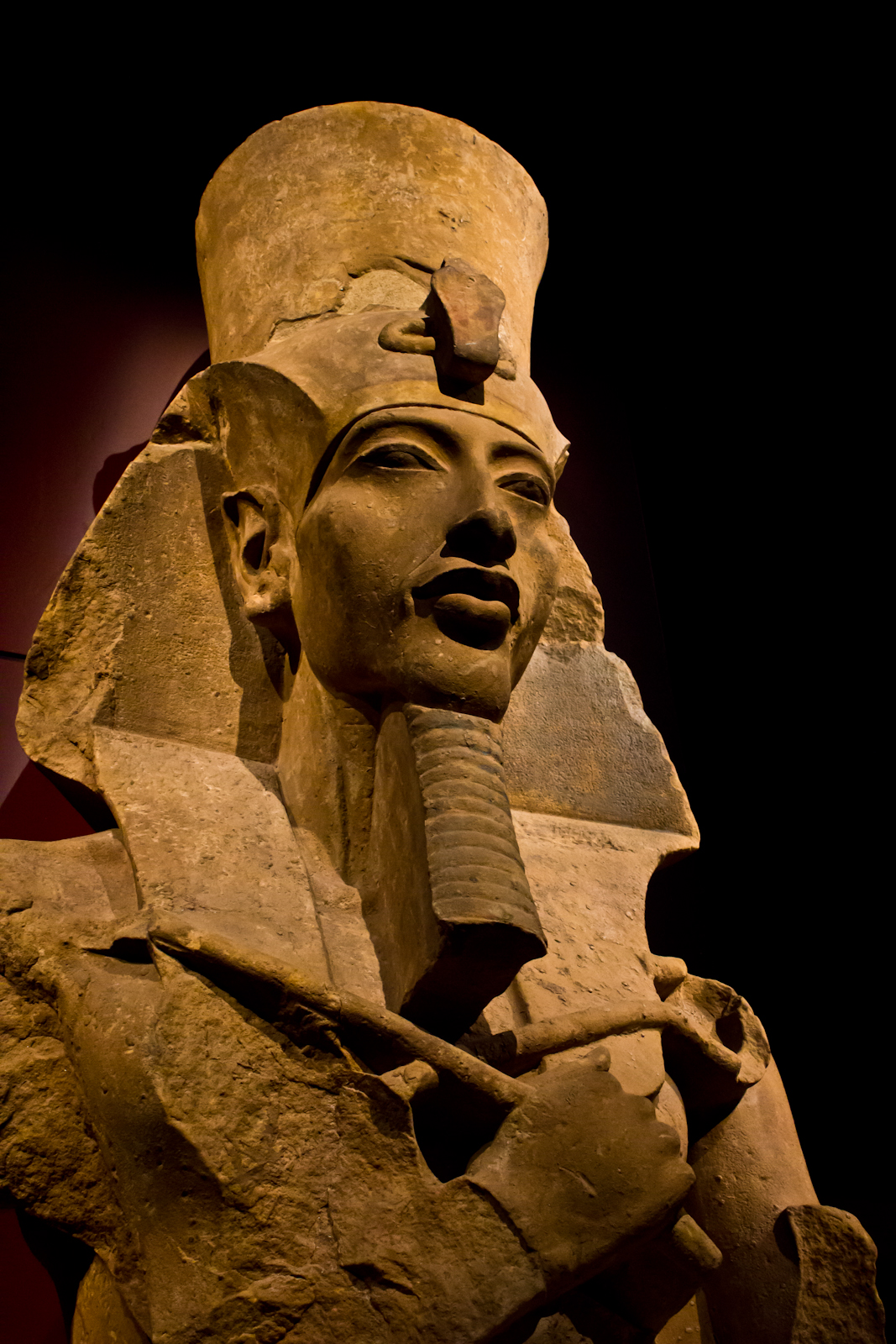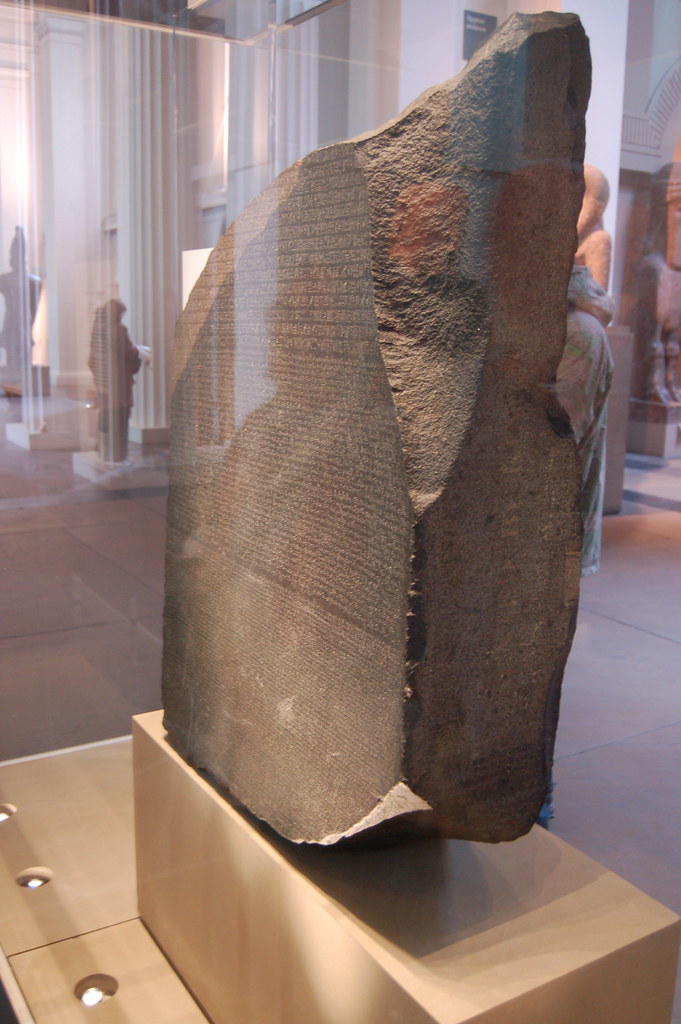Introduction
Through history, we find numerous mysteries that shake all our historical perceptions of ancient societies. History includes several mysterious events that create perpetual arguments about their origins between academic experts archaeologists and historians. These instances prove to be exaggerated legends along with misunderstood information as well as possible proof of forgotten advanced knowledge from antiquity.
Through these controversies, our human mind becomes fascinated but we are obliged to create different interpretations of how history unfolded. This piece will investigate the ten most unsettling historical events that historians still argue about today.
Table of Contents
1. The Great Flood Legends: Myth or Reality?
The stories about major floods constitute among the oldest and most universal accounts found throughout human history. Every major ancient civilization throughout history documented the tale of a great flood that annihilated human beings yet preserved several survivors. Multiple ancient civilizations share identical accounts about Noah’s Ark as detailed in the biblical and Mesopotamian Epic of Gilgamesh.
The myths might derive from actual historical occurrences. Researchers attribute these stories to destruction by massive flooding which occurred when the Black Sea collapsed approximately 7,000 years ago. Geological assessments reveal that previous floods altered important parts of the planet which supports historic flood accounts.
The tales hold no factual basis according to skeptics because they believe the myths only served to explain natural disasters while teaching moral lessons. Research about the flood myth’s origins continues to fascinate scholars even after the historical evidence remains uncertain.
2. The Construction of the Great Pyramids
The Giza location holds the world’s most impressive architectural marvels known as the Great Pyramids. Scientists wonder about the methods employed for constructing these vast structures which came into being around 4,000 years ago.

Different theories exist about ancient technological mysteries as well as alien authorship. Historians hold that the main construction force responsible for building the pyramids consisted of organized workers and innovative toolsmaking and manual labor.
The stone transportation methods as well as celestial body precision at various structures persist to confound experts within the existing orthodox theory. Modern experts continue to dispute the methods used to construct these architectural wonders which shows no indication of ending their debate.
3. The Trojan War: Myth or History?
The Trojan War stands as one of the legendary events from ancient Greek mythology after Homer presented it in his renowned epic poem Iliad. Experts continue the debate about whether this incident was part of recorded historical events or arose solely through fictional writing.

The archaeologist Heinrich Schliemann started excavating the site which he believed to be Troy in Turkey during the 19th century. His research indicated the existence of a settlement that fits the description of Troy. The text of The Iliad presents no documented proof of a war that included both genuine troops and a wooden horse.
Scholars remain divided about whether the tale resulted from collecting historical facts or whether it entirely originates from creative sources. No conclusive proof regarding the Trojan existence preserves the mythological ambiguity that envelops Troy through historical and mythical narratives.
4. Akhenaten’s Religious Revolution
The Egyptian pharaoh Akhenaten revolutionized his nation with his religious movement that focused on worshipping Aten the sun disk as a solitary deity. The switch to monotheism under Aten broke away completely from traditional polytheistic practices followed by ancient Egyptian society.

Akhenaten ruled for a short time before his successors reversed all his religious reforms thus disappearing much of his achievements. People continue to debate the reasons behind his actions to understand whether he is a charismatic religious leader an opportunistic politician or a religious extremist.
Academic opinions about Akhenaten’s behavior stand in different directions. People interpret Akhenaten either as a revolutionary disruptor of established norms or as a failed religious extremist demonstration. Ancient Egypt still talks about the era of Akhenaten as one of its most debated times in history.
5. The Hanging Gardens of Babylon: Fact or Fiction?
Sciences label the Hanging Gardens of Babylon as probably one of the seven ancient world wonders. Archaeological studies fail to prove the existence of these gardens. According to ancient records, King Nebuchadnezzar II constructed elaborate gardens for his queen but experts have failed to discover any evidence of these gardens in Babylon.
Different historical experts propose that the gardens either stood in Nineveh or existed only in tales. Archaeological evidence is absent to prove or disprove that this magnificent structure was more than literature because of poetic writing.
6. The Disappearance of the Indus Valley Civilization
Around 1900 BCE the Indus Valley Civilization which had been recognized for its advancement and early establishment disappeared permanently. The sudden end of Mohenjo-Daro and Harappa together with their advanced drainage systems and urban planning remains a puzzle despite their impressive features.
Scholarly thoughts about this civilization’s extinction include climatic changes together with river movements as well as foreign tribal invasions. The research lacks a universal agreement on what triggered the denouement. The lack of historical documentation about their fate makes their disappearance remain one of history’s most fascinating unexplained cases.
7. The Library of Alexandria’s Destruction
Among ancient times The Library of Alexandria maintained its status as one of the most significant collections of knowledge because it held thousands of scrolls and manuscripts. People commonly express sorrow when the library’s destruction happens because it represents a major setback for human history although no one has taken responsibility for this tragic event.

According to historians, Julius Caesar is responsible for damaging parts of the library through his siege of Alexandria in 48 BCE which led to a widespread fire. Early Christians and Muslim military forces have been accused of ruthless destruction of the library. Most experts agree that the library declined over time without a single massive destruction.
Historical debates revolve around the Library of Alexandria because experts lack clarity on its destruction process and how much knowledge vanished from this institution.
8. The Mystery of Stonehenge
Archaeologists across centuries have attempted to answer the questions about the ancient monument Stonehenge located in England. Who built it, and why?

Theories about its purpose range from an astronomical observatory to a religious site or even a burial ground. A second level of enigmatic mystery emerged because the heavy stones were originally mined from distant quarries spanning at least hundreds of miles and their movement required substantial labor-driven efforts.
Stonehenge continues to be a world-famous site of mystery because modern archaeological discoveries have not yet explained its origins.
9. The Rosetta Stone and Its Controversy
Estimates of 1799 revealed the essential role of the Rosetta Stone as an instrument to decode hieroglyphic writings during the ancient Egyptian period. The discovery of the stone and its British transfer through Napoleon’s Egypt campaign initiated major disputes between multiple parties.

For many years Egypt has campaigned for the return of the Rosetta Stone because it represents essential cultural heritage from their past. The British Museum claims legal ownership of the artifact that currently resides within its collection space. The disagreement about the Rosetta Stone demonstrates conflicting issues regarding how to manage objects from ancient periods as well as preservation ethics across history.
10. The Lost City of Atlantis
In his writing, Plato presents Atlantis as a technologically advanced society that disappeared beneath ocean waters. Many hypotheses concerning the precise location of Atlantis have appeared across centuries starting from Mediterranean waters to the Caribbean Sea.

The existence of Atlantis serves as either a purely metaphorical concept according to certain theorists or a potential historical record of the eruption of Thera (Santorini) per other theorists. The search for evidence of Atlantis extends to this day without success thus making it one of the enduring mysteries of ancient instances.
Conclusion
History from antiquity contains equal measures of unknown areas and verified information. These historical disputes make us realize that numerous secrets from our past await discovery. Research into historical mysteries allows scientific discovery of long-lost civilizations while revealing essential truths about human psychological curiosity and behavior patterns.
Who knows? The future advancement of technology alongside archaeology research has the potential to resolve these enigmatic cases. Until then, the debates—and the fascination—continue.
FAQs
- What is the most mysterious moment in ancient history?
According to popular belief, Atlantis is one of the most enigmatic ancient mysteries alongside the stories of the Great Flood.
- Did the Great Pyramids involve advanced technology?
Modern experts typically attribute human labor to ancient creations except for those who claim aliens, futuristic implements or celestial beings played a part.
- Why is the Library of Alexandria so important?
The tragic destruction of ancient knowledge became a symbol through this event but historians cannot determine the precise details.
- Were the Hanging Gardens of Babylon real?
Research has failed to prove their existence so experts doubt whether these structures were actual constructions.
- Why study ancient controversies?
The puzzling elements unearthed in history expand our knowledge of past times and fuel the constant pursuit of discovery.
Top 10 Lists of the people, things, places, most expensive, animals, most popular, luxury and high rankings of world. World's Top Insider focuses on the top ten lists of best, greatest and top rankings in the world.


